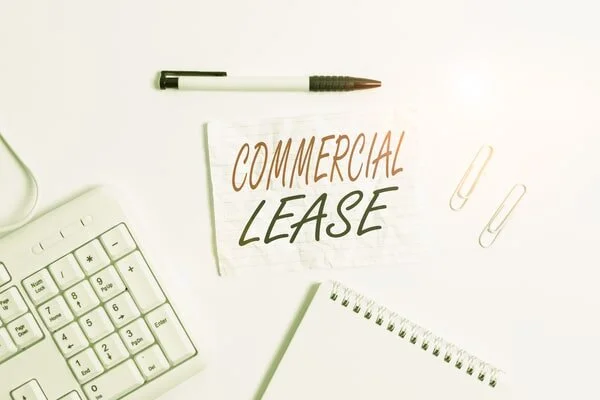A commercial lease should be carefully negotiated to include provisions on rent, utilities, repairs, breach and cure, subleasing, non-competition, and the fixturization period. These provisions must be carefully considered before you even begin negotiating. A tenant is likely to seek maximum flexibility, while a landlord is likely to seek to maximize stability.
Rent
It is probably obvious to the reader that, if you are a tenant, you shouldn’t agree to pay whatever amount the landlord first demands. First demands are typically at least 15 percent higher than the minimum amount that the landlord will settle for. If you are a landlord, you might consider offering lower rent in exchange for a longer lease term.
Utilities, Repairs, etc.
It is critical that the lease specifies which party (tenant or landlord) is responsible for which expense, with utmost clarity. Ambiguities in this area frequently result in bitter disputes when the unexpected happens. The following are some standard divisions of responsibility, along with the trade terms that refer to them:
Net Lease: Under this arrangement, the tenant is responsible only for utilities and property tax, while the landlord is responsible for maintenance, repairs, and insurance.
Double Net Lease: Under this arrangement, the tenant is responsible for utilities, property taxes, and monthly insurance premiums for the building while the landlord is responsible for maintenance and repairs.
Triple Net Lease: Under this arrangement, the tenant is responsible for rent plus real estate taxes, insurance, and maintenance, while the landlord is responsible for structural repairs.
Your lease should specify the division of responsibilities with clarity, instead of merely relying on the foregoing trade terms.
Breach and Cure Provisions
A tenant should demand a fair period for “curing” any breach of the lease, such as failing to pay the rent on time. It wouldn’t do, for example, for a fine to be imposed for being 24 hours late paying the rent.
Subleasing
Your lease should clarify whether subletting is allowed. A permissive sublease clause could benefit a tenant who wishes to bail out of a lease before it expires, which might encourage the tenant to agree to a longer lease term.
Non-Competition
A tenant of a strip mall or shopping center might seek a clause that prevents the landlord from renting to a business’s competitors – a McDonald’s franchise might want to keep out Burger King, for example.
Fixturization Period
If you are a tenant, it may take time for your business to modify the rented premises for the purposes of conducting business – installing signage, plumbing, and fixtures, for example. During this time, you will not be open for business, meaning that you will not be generating the income with which to pay the rent. You might seek to negotiate a rent-free fixturization period.
Someone in Your Corner
If you need to negotiate a commercial lease, or if you are already in the process, we can help you mitigate your business risk and secure a favorable outcome. Contact CKB Vienna today by calling one of our offices in Rancho Cucamonga, Riverside, and Los Angeles, or by contacting us online to schedule a consultation. We serve clients in Rancho Cucamonga, San Bernardino County, Los Angeles County, Orange County, and Riverside County.

